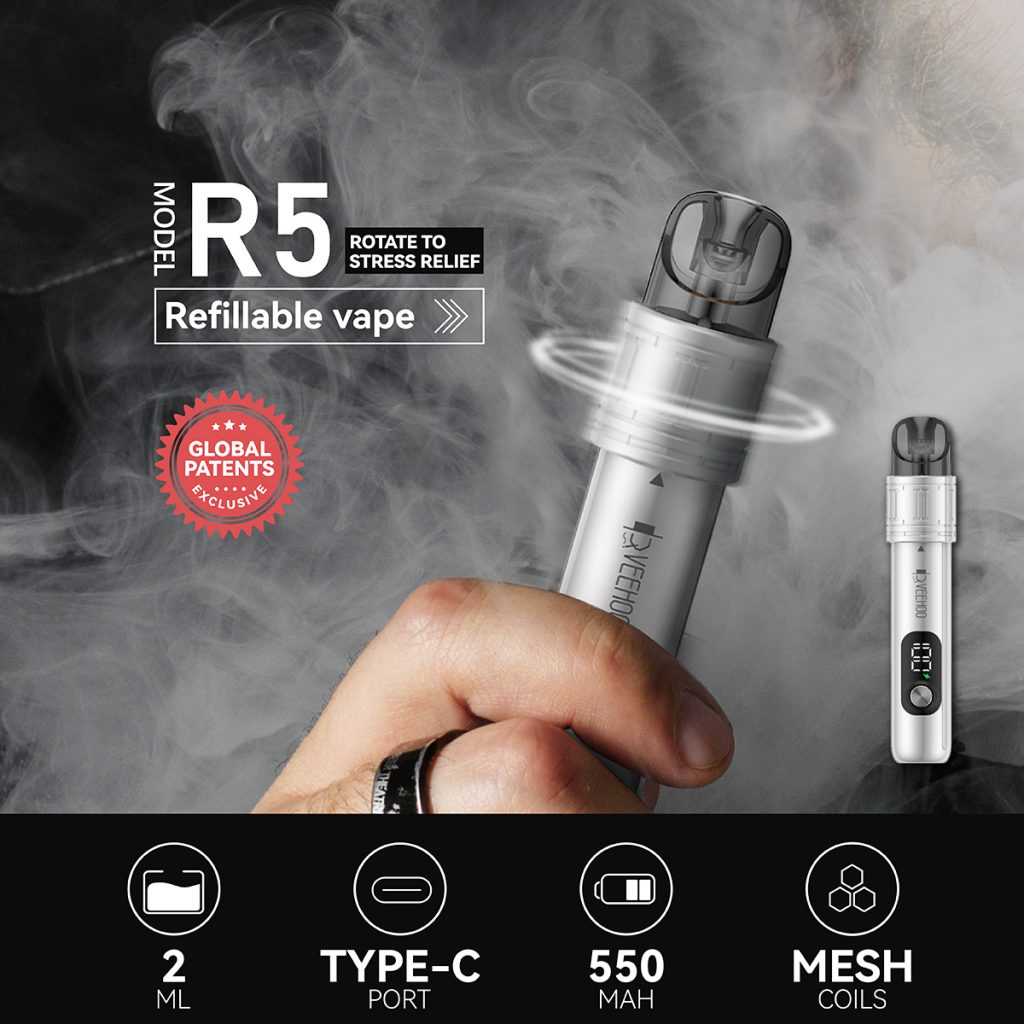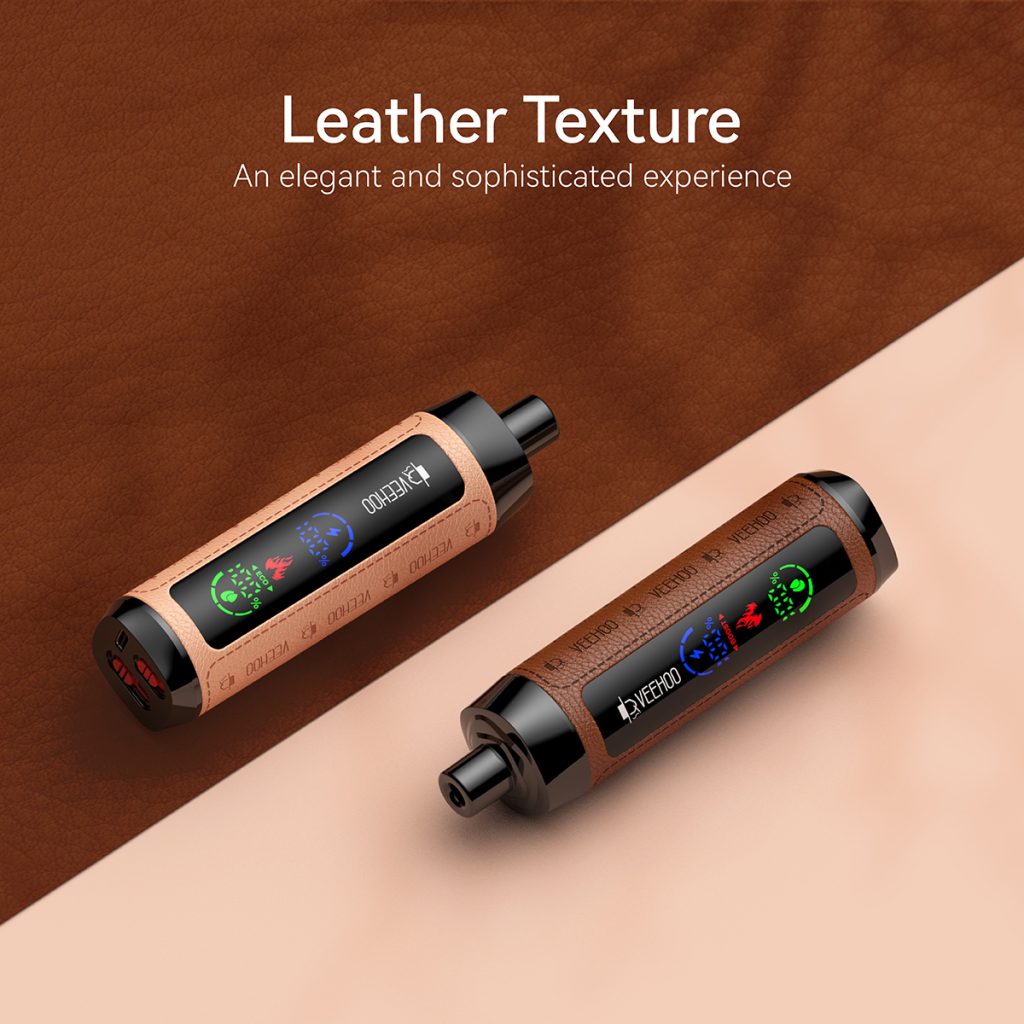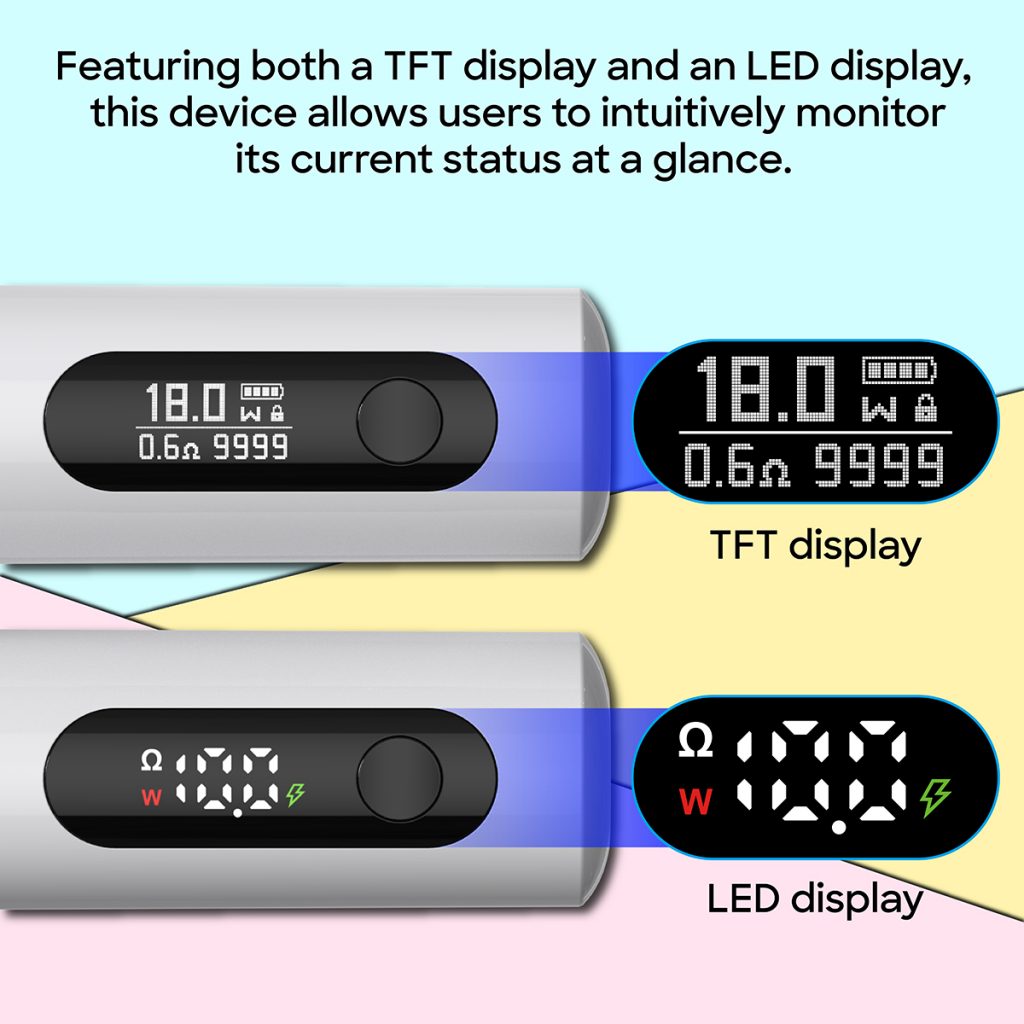In Mississippi, a place in the southern United States, the arrival of autumn often brings a gentle golden glow. But starting in October 2025, beyond the golden autumn scenery, the state government also announced a new policy: from then on, all e-cigarette products must be included in a “legal sales catalog” regularly updated and published by the state government. Otherwise, they will face removal and possible confiscation. This news, along with the successive implementation of legislation, the release of the catalog, and enforcement reforms, has not only attracted attention from the business community but also sparked discussion in the public health community.
This series of measures stems from March 20, 2025, when the governor signed HB 916, which established a state-level e-cigarette product registration system based on the PMTA (Pre-Market Tobacco Product Application). The bill stipulates that any e-cigarette product legally sold in Mississippi must meet one of the following conditions: obtain a Marketing Granted Order from the U.S. Food and Drug Administration (FDA); be pending in the PMTA review phase; or have been previously denied but the denial has been stayed by a court or FDA, or has been rescinded.
The bill officially takes effect on July 1, 2025, but the real turning point comes on October 1, 2025, when the State Department of Finance publicly releases a list of legal e-cigarette products. After the list is officially released, retailers and wholesalers have 60 days to remove all products not listed from their shelves. Failure to do so by the deadline will result in severe consequences, including confiscation, forfeiture, and destruction.

Legislators emphasize that this measure not only ensures market compliance but also builds a systemic defense against public health and the safety of minors. Supporters believe that this measure will prevent the entry of substandard and illegal e-cigarette products into the market at the source, thereby reducing the risk of youth being exposed to unregulated products and strengthening consumer confidence in product safety. At the same time, there are also differing views. Some local small vape shop owners worry that this system could significantly reduce product offerings, weakening their competitiveness and potentially handing market control to large tobacco companies. This is because the FDA has currently only authorized a handful of manufacturers, including NJOY, R.J. Reynolds (owned by Vuse), and major companies like Logic. Some retailers lament that the new policy could mean they lose many popular flavors, leading to a sharp drop in sales.
Regardless of one’s stance on this reform, it’s worth considering it from the perspective of legality and compliance. Among the many e-cigarette brands, some insist on legal production and strictly adhere to regulations, such as VEEHOO E-Cigarettes, mentioned in this article. Although it hasn’t yet been listed as a limited authorization brand, if its products meet the requirements for submitting PMTAs for review and complying with separate pricing for variants, it could theoretically be included in the catalog system. These brands represent the forces within the legal market actively striving to integrate into the rules.
VEEHOO e-cigarettes prioritize product safety and compliance. During product development, they focus on controlled cartridge capacity, clearly labeled nicotine levels, child-resistant packaging, and even avoid unpopular flavorings in their e-liquid formulations. They eschew flashy packaging or overpowering flavors, instead prioritizing transparent information, a responsible approach to users, and clear, legal sales channels. This approach adds positive momentum amidst increasingly stringent regulations and provides consumers with a compliant and safe alternative.

Once the catalog system is officially implemented, if VEEHOO can promptly complete its annual registration review, submit the required PMTA information, and pay the corresponding application fees (a separate application is required for each product, flavor, and nicotine strength, and once approved, it will be included in the catalog), it will have the opportunity to legally sell and receive a “legal product” label recognized by the state government. This not only strengthens the brand’s image but also provides consumers with a safe choice and helps them identify illegal products, avoiding the risk of “copycat” or unreviewed products.
From a consumer’s perspective, seeing VEEHOO packaging labeled “Listed Product” on shelves creates a greater sense of trust. Compared to products that suddenly disappear, have unknown origins, or may contain illegal ingredients, a transparent, safe, and compliant e-cigarette undoubtedly reduces anxiety. If VEEHOO’s design emphasizes child-resistant opening, prevents accidental swallowing, and includes clear warnings, it will have a greater advantage in the compliant market.
This move by law enforcement agencies may also encourage more companies in the market to pursue legal options. If manufacturers realize that submitting PMTAs and ensuring product compliance will support them with state-level public listings, they can enhance their business stability and reduce the risk of product confiscation, fines, or complaints. In other words, it provides the entire industry with a path to legal success, rather than simply suppressing or banning it.
From a community health perspective, a standardized listing system can also serve as a means of public education. Community organizations, schools, and even brand owners can collaborate to help adult users identify legal products and warn youth against illegal e-cigarettes. At the same time, if brands like VEEHOO are willing to participate in public awareness campaigns and educate consumers about PMTAs and FDA authorizations, they will further promote health awareness and foster a social atmosphere where compliance and health are prioritized.
After the policy is implemented, the state government will gradually refine the catalog system annually: manufacturers must complete product registration, submit review materials, and pay fees by September 1st of each year; the catalog will be updated monthly; and if a product is removed from the catalog, retailers will have 30 days to dispose of remaining inventory. If any inventory is retained beyond this deadline, all remaining inventory will be confiscated at the merchant’s expense. Furthermore, law enforcement agencies will conduct at least two unannounced inspections annually to ensure compliance.

This system strikes a balance between flexibility and stringency: it provides the market with an appropriate buffer period, allowing legitimate brands to adjust their product lines and complete registration; while also instituting high fines and mandatory withdrawal mechanisms to ensure prompt correction of non-compliant behavior. If the entire system operates smoothly, it will both reduce the number of illegal products and support the growth of legitimate brands.
Looking back at this change, the “implementation of the e-cigarette catalog system starting in October 2025” is more than just a policy announcement; it represents a profound restructuring of market rules. From consumer health protection to merchant compliance pressures to brand legality—all face new roles under this catalog system. For brands like VEEHOO, which prioritize legality, safety, and responsibility, this presents both a challenge and an opportunity. If they act swiftly, abide by the rules, and build a positive reputation, they will secure a stronger foundation for development within this new regulatory environment.
Finally, I hope Mississippi’s catalog system will effectively promote market formalization and transparency, ensuring youth protection from the harmful effects of illegal e-cigarettes and providing the public with safer choices. I also hope that brands like VEEHOO will be recognized and grow, leading to a more stable market under regulation and a healthier society.
Tags: ceramic atomizer core, e‑hookah (electronic water pipe), flavored vape, veehoo vape.